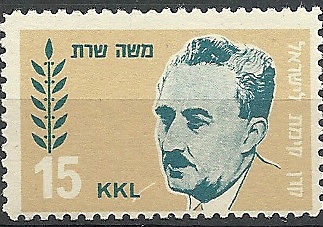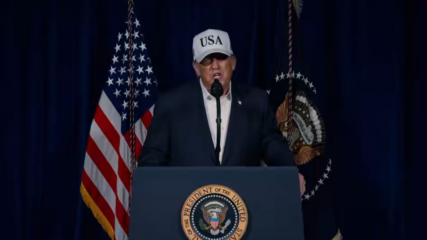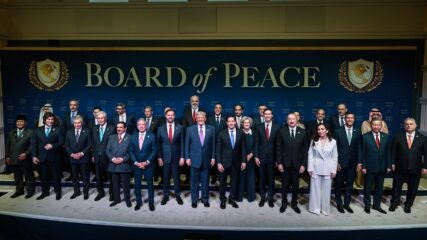February 19, 1936
Zionist leaders debate how to confront proposed British restrictions on Jewish land purchase in Palestine.
After the 1929 Arab riots against Jewish presence in Palestine, the Jewish Agency leadership went into an organizational crisis mode: how to confront a series of British-inspired inquiries aimed at stopping or slowing down Jewish growth in Palestine. Reams of information were presented to no less than half a dozen British bodies that looked at the issue of Jewish immigration, land purchase and establishment of self-government. To the Zionists’ good fortune, the Arab leadership in Palestine continued its policy of boycotting these investigations. Zionist leaders were convinced that if more immigrants came to Palestine, they would bring more capital, raise the standard of living and give employment opportunities to many Arabs.
In November 1938, British Secretary of State for the Colonies Malcolm MacDonald said in the House of Commons, “The Arabs cannot say that the Jews are driving them out of the country. If not a single Jew had come to Palestine after 1918, I believe the Arab population of Palestine would still have been around 600,000, at which it has been stable under Turkish rule. … It is not only the Jews who have benefited from the Balfour Declaration. They can deny it as much as they like, but materially the Arabs have benefited very greatly from the Balfour Declaration.”
However, in the mid-1930s, the Zionists looked over their shoulders, believing that at some point restrictions on Jewish development might be coming.
Chaired by Moshe Shertok (Sharett), the Jewish Agency convened a joint meeting of representatives of the Jewish National Fund and the Palestine Land Development Co. Attending this strategic discussion of how to face this threatening change in British policy toward Zionist growth were Ussishkin, Ben-Gurion, Ruppin, Hankin, Lifshitz, Weitz, Vilkansky, Granovsky, Stern, Hochester and Thon. More than two dozen such meetings are held over the next several years at which the Zionists repeatedly evaluate their growth needs in light of pending British threats.
At this meeting, Shertok’s view holds that the Zionists should engage actively with the British in shaping laws, that the Zionists should seek British permission to purchase and settle on state lands not owned by Arabs, and that the British should do more to throttle Arab attacks on Jewish settlements. Ussishkin takes the view that no matter what the Zionists present to British officials, the British are going to impose restrictions on Zionism. Ussishkin is proven correct when the 1939 British White Paper is enacted to throttle Jewish growth.
A view develops in these meetings that no matter what restrictions the British impose, those rules and laws will be, as Yehohua Hankin says, be “relentlessly opposed” (minutes of the Jewish National Fund meeting, Feb. 19, 1936, Central Zionist Archives, Jerusalem).










